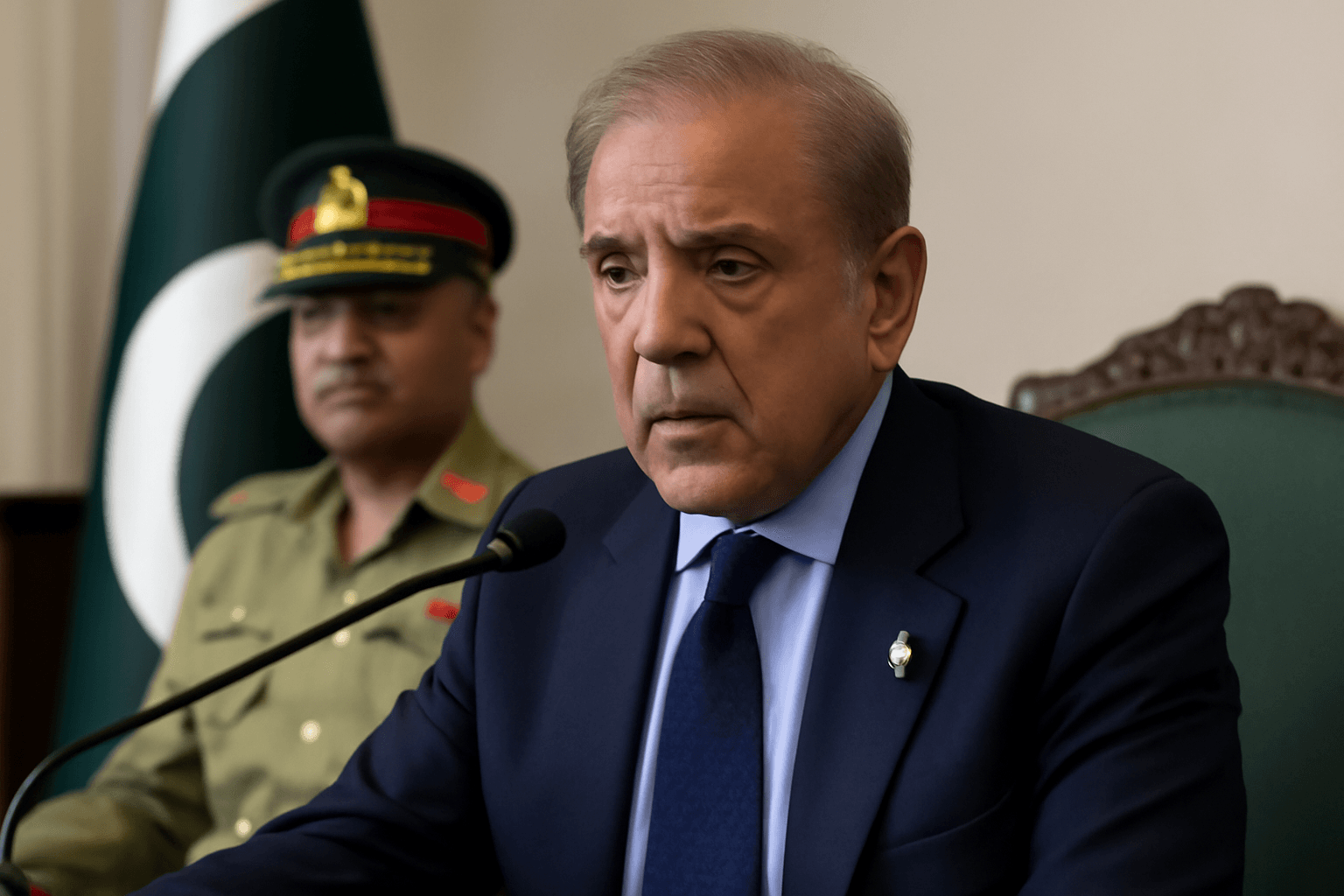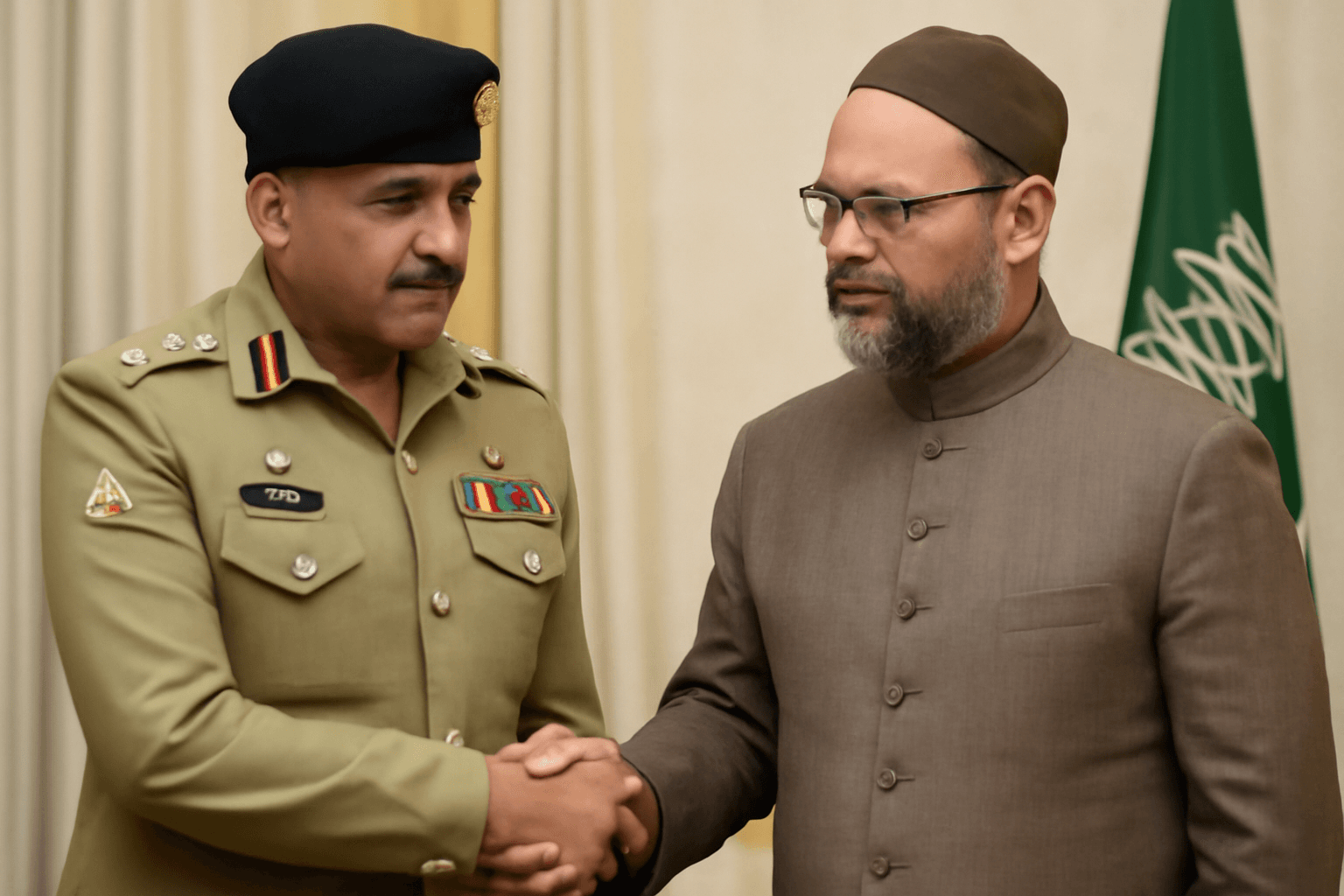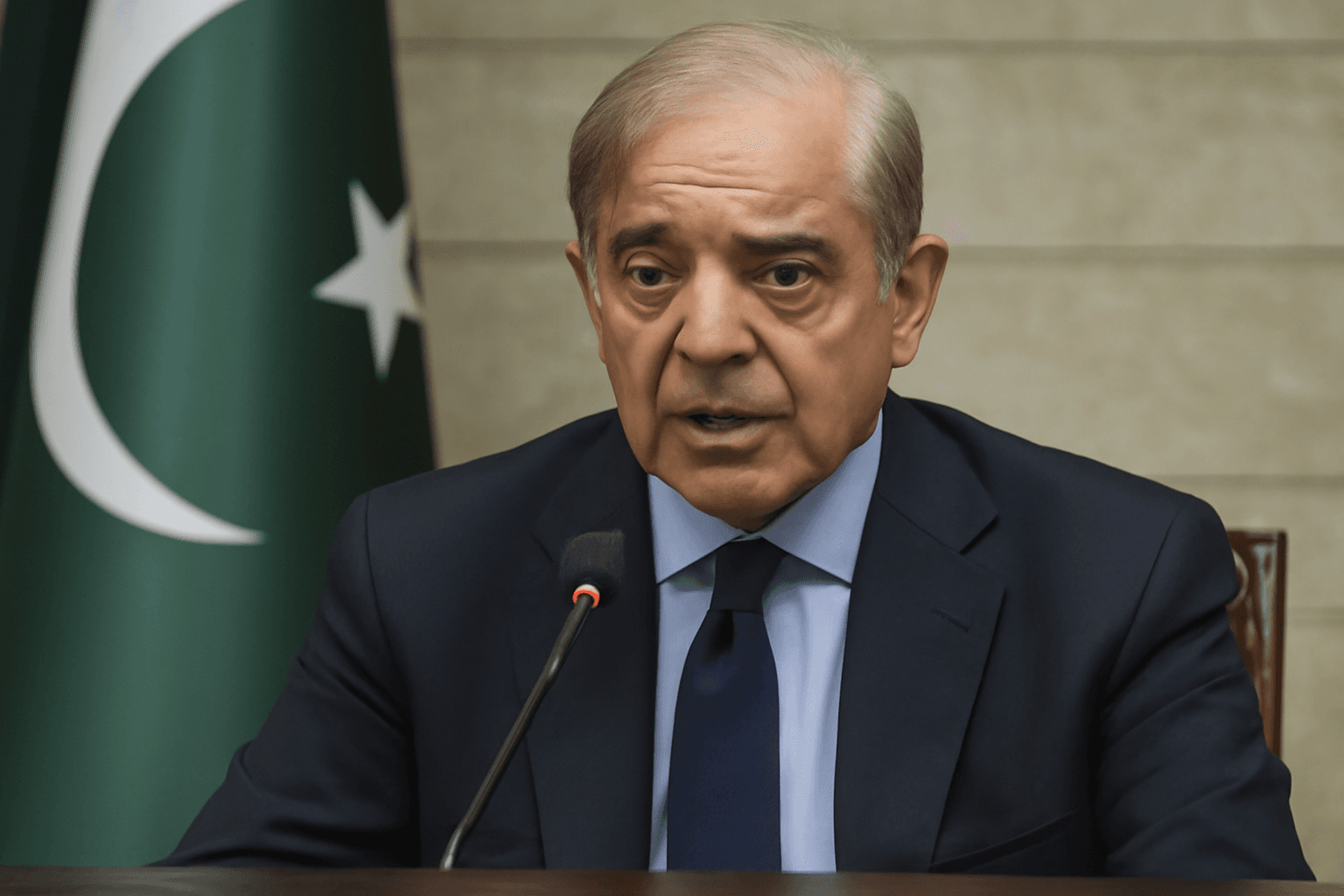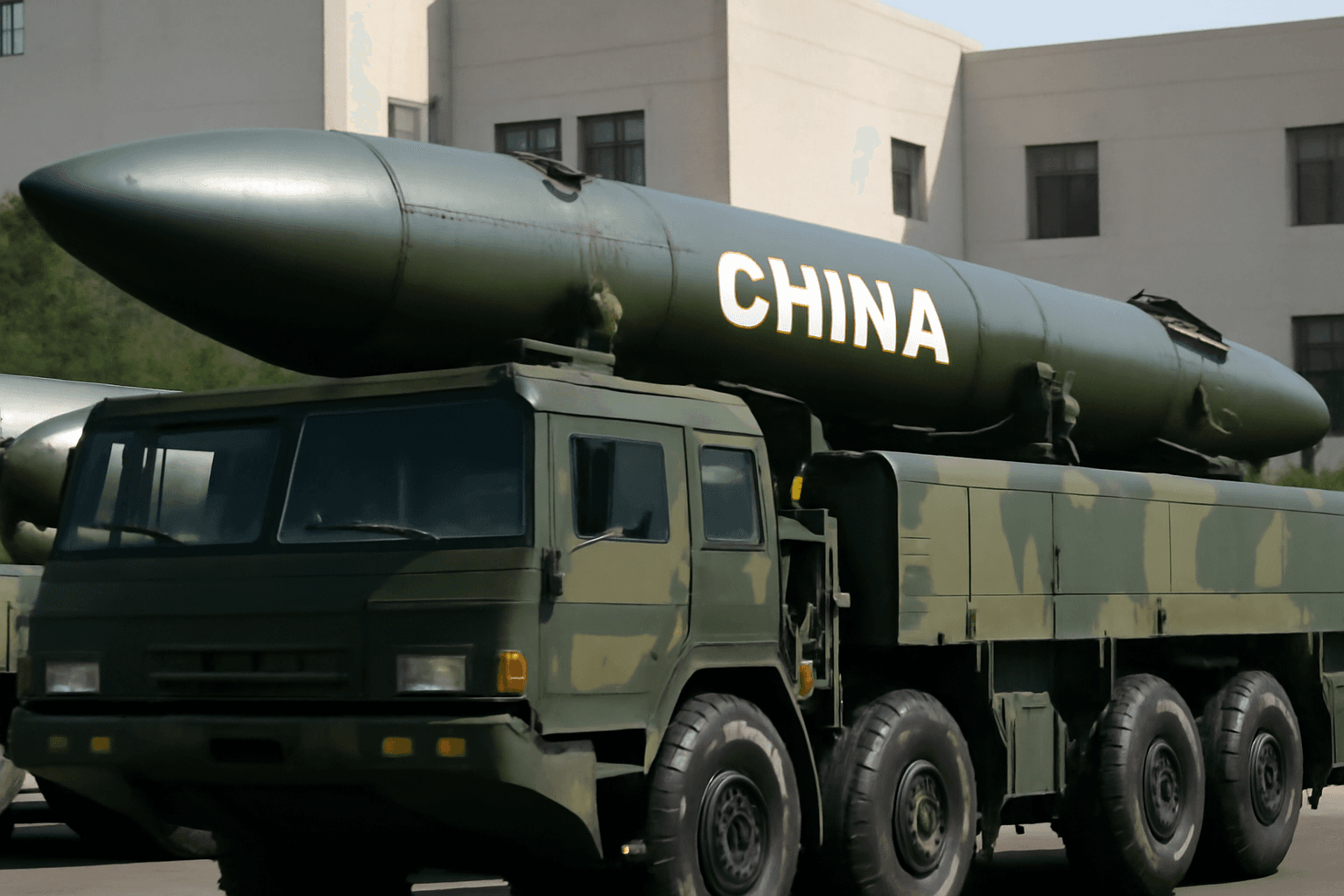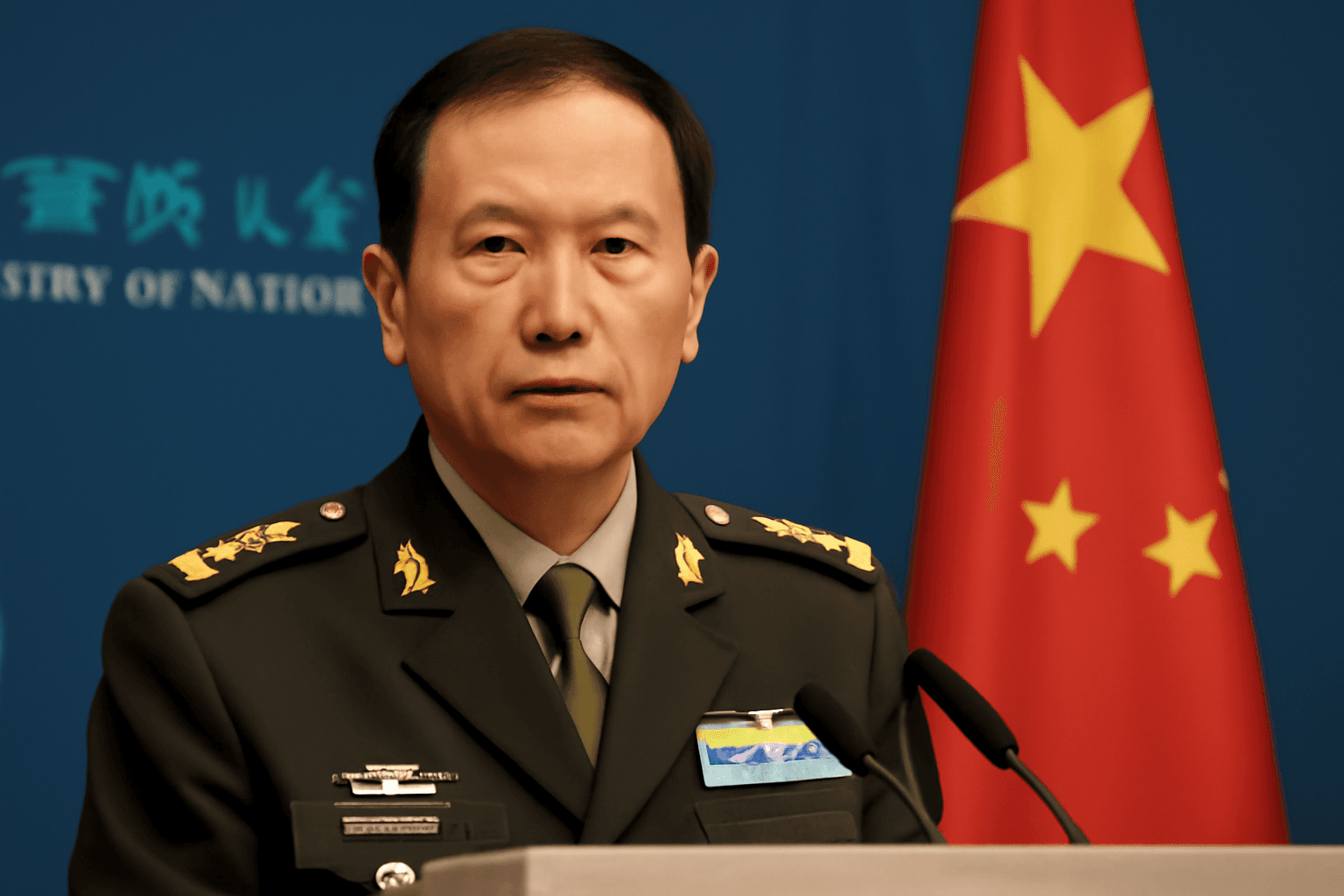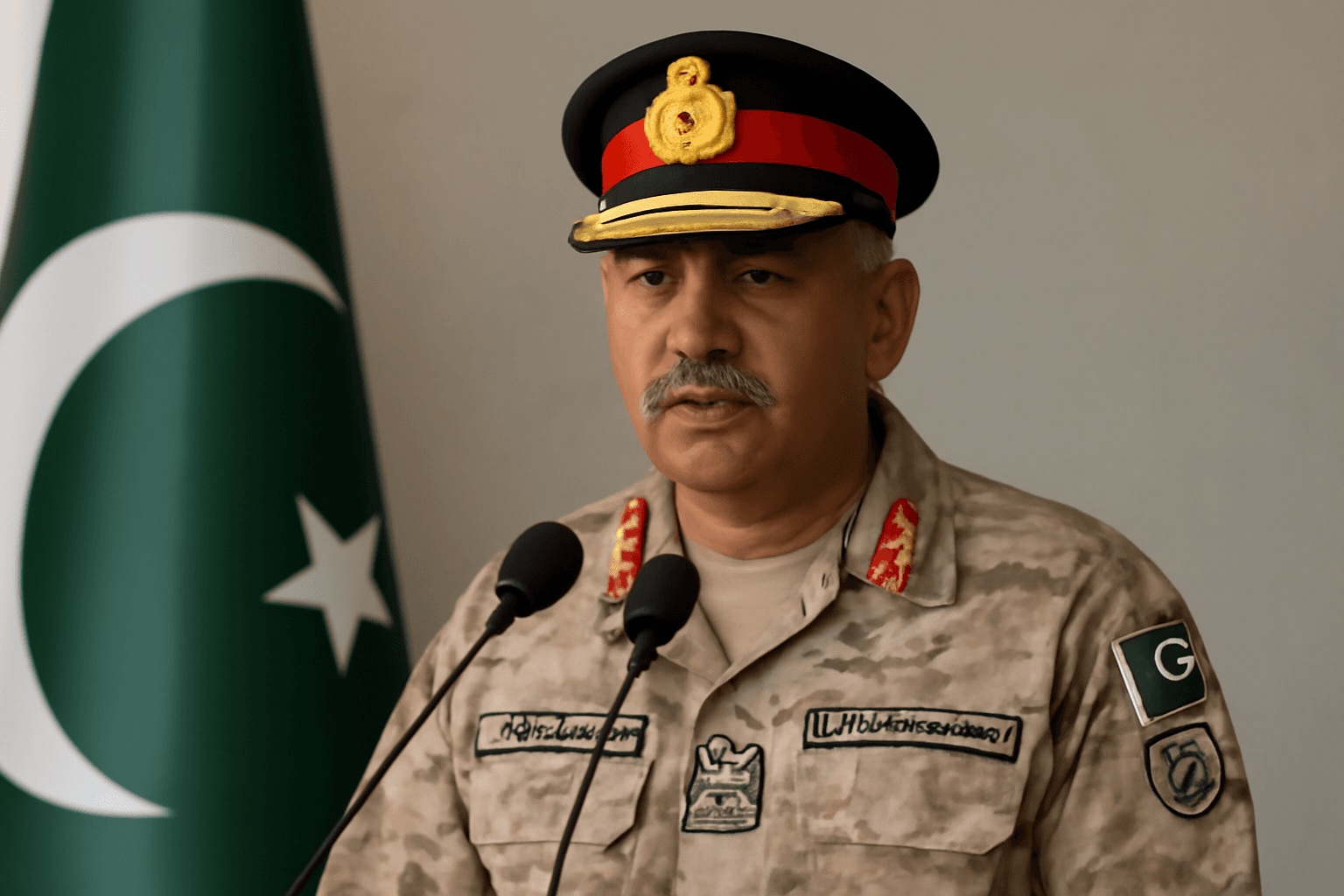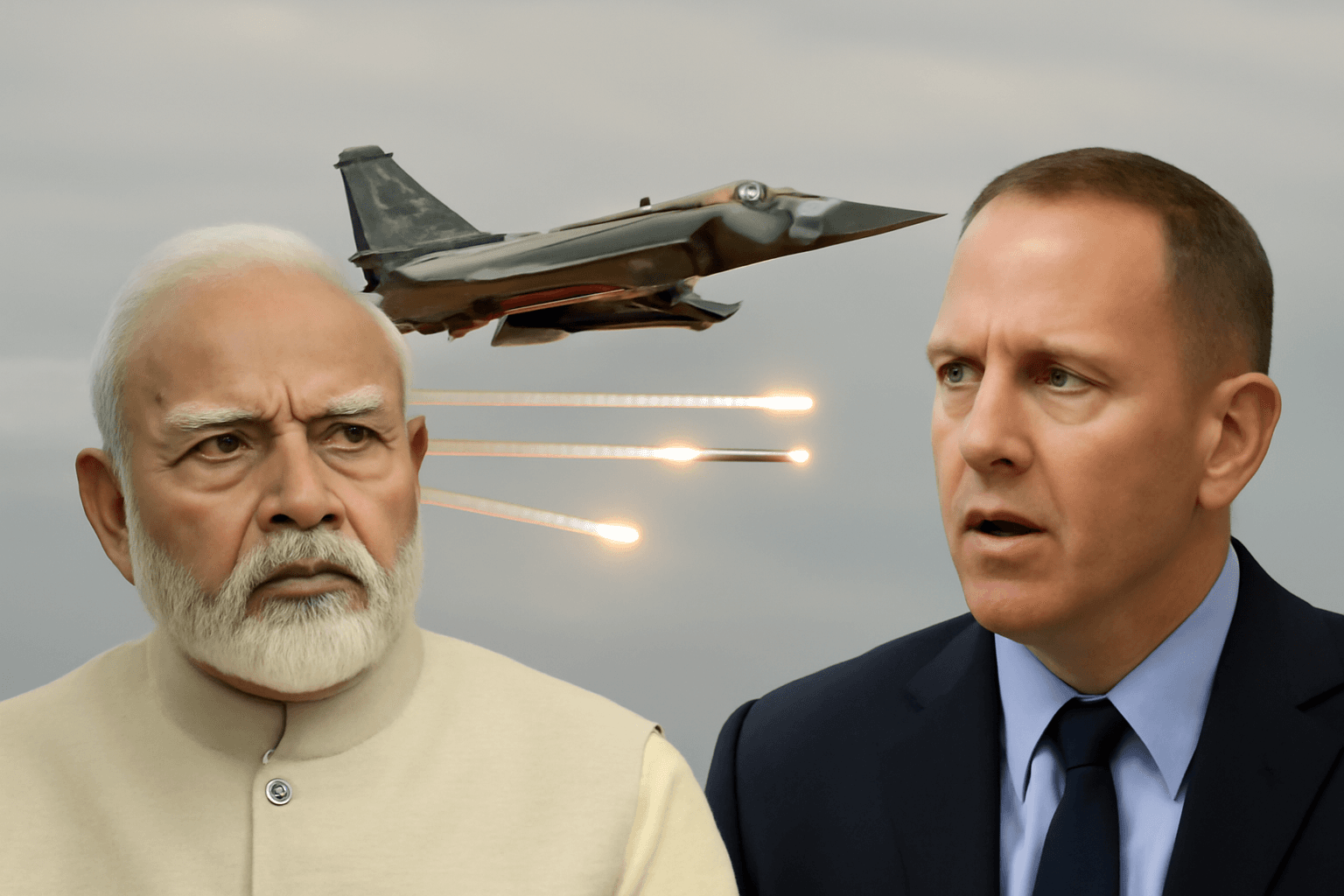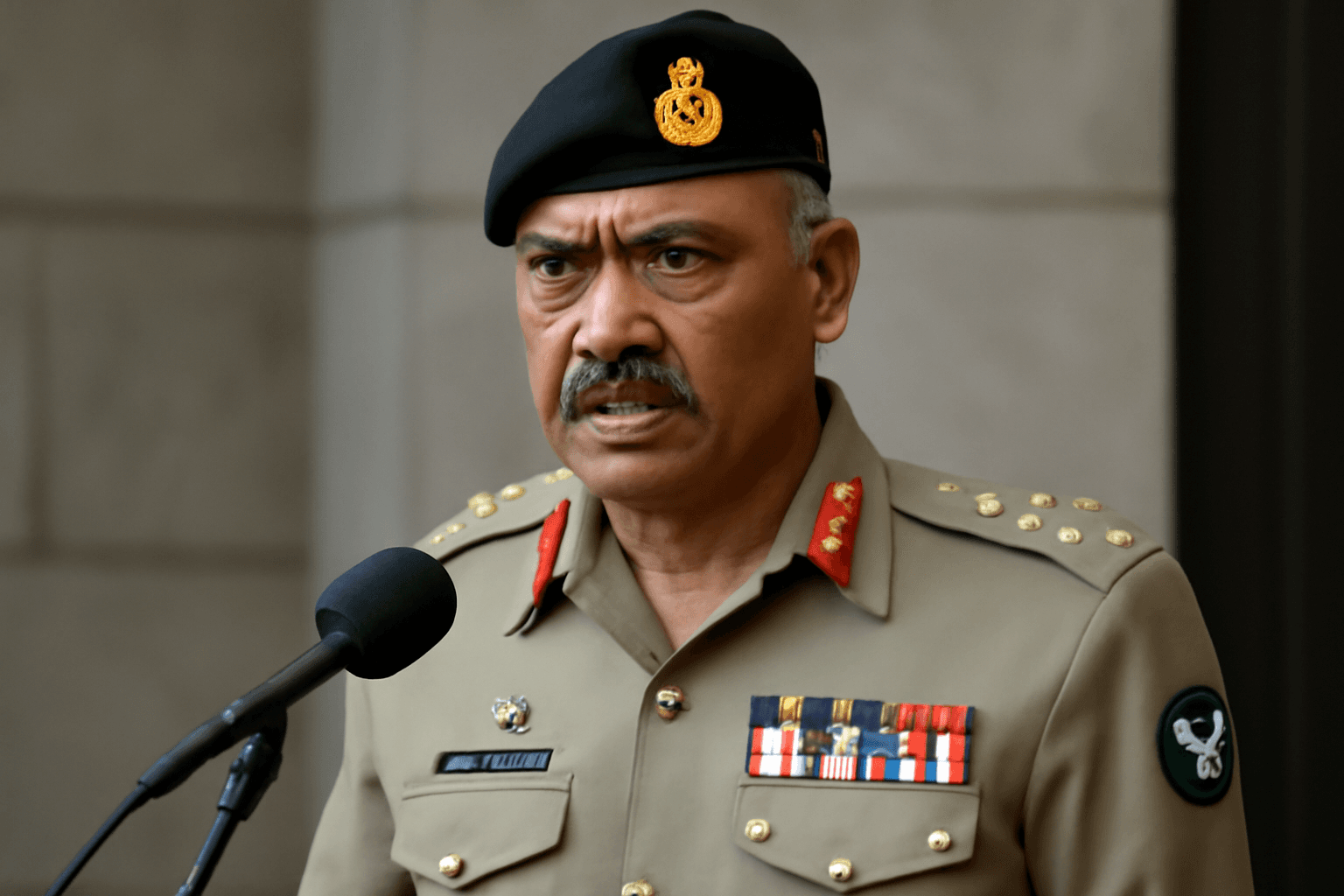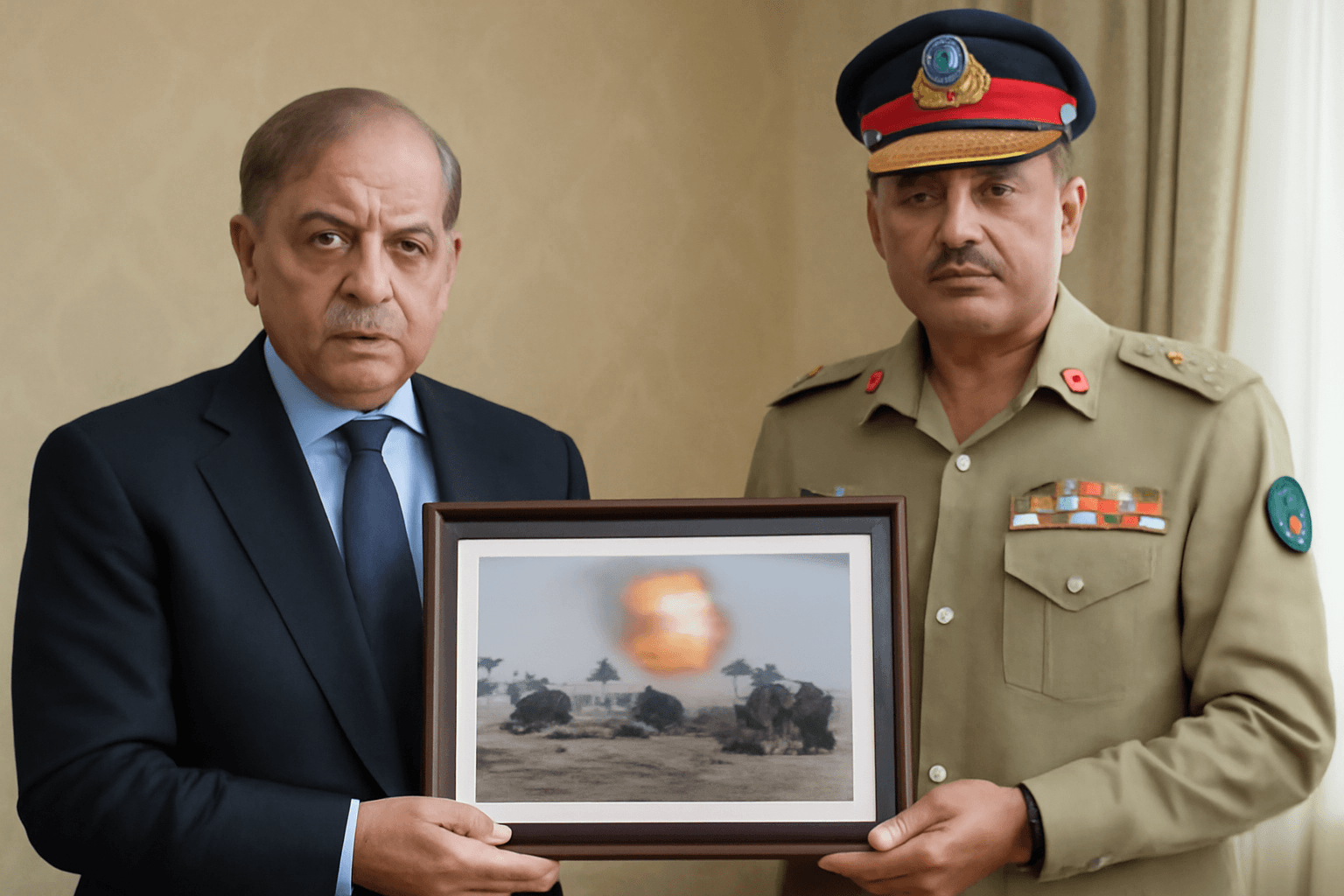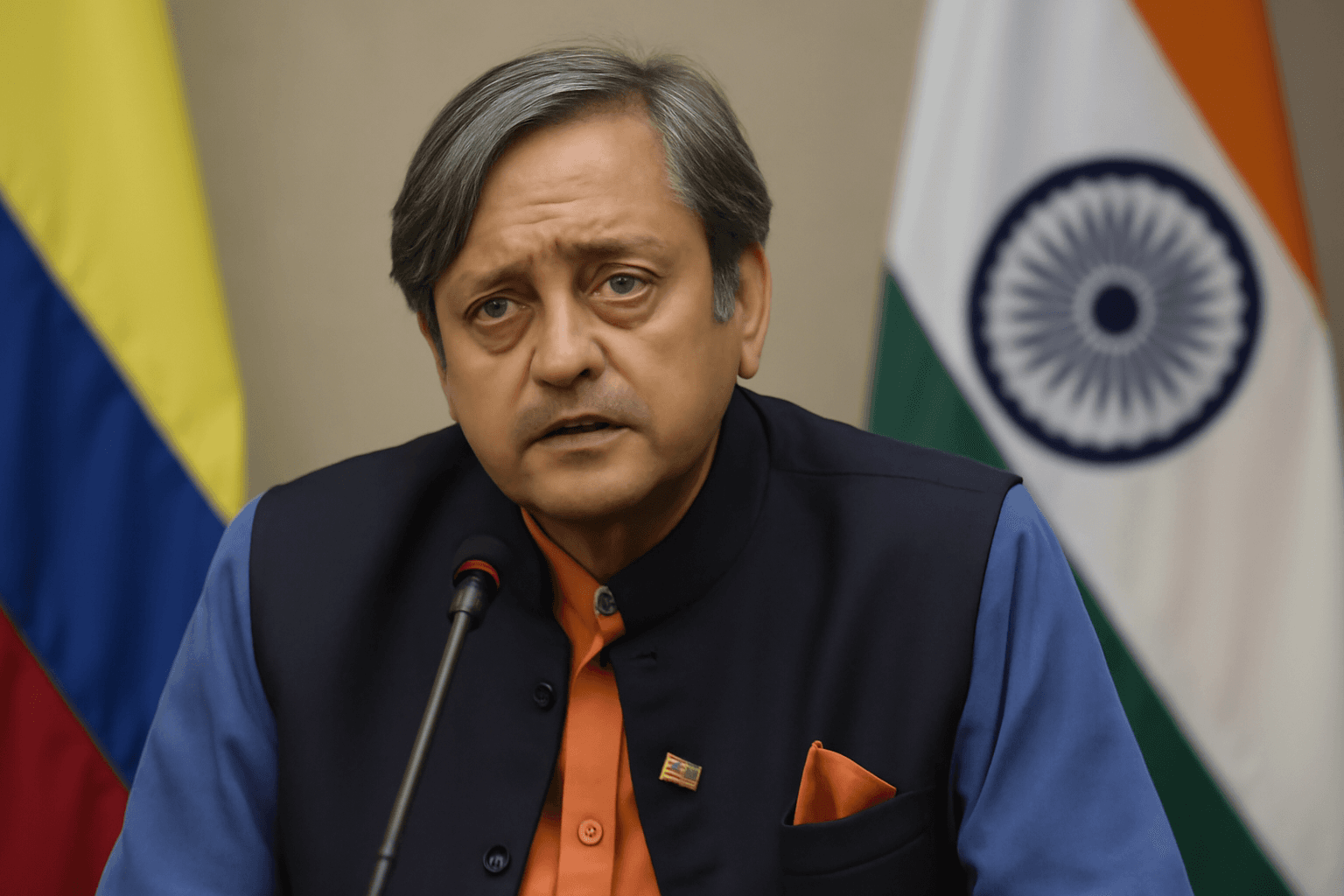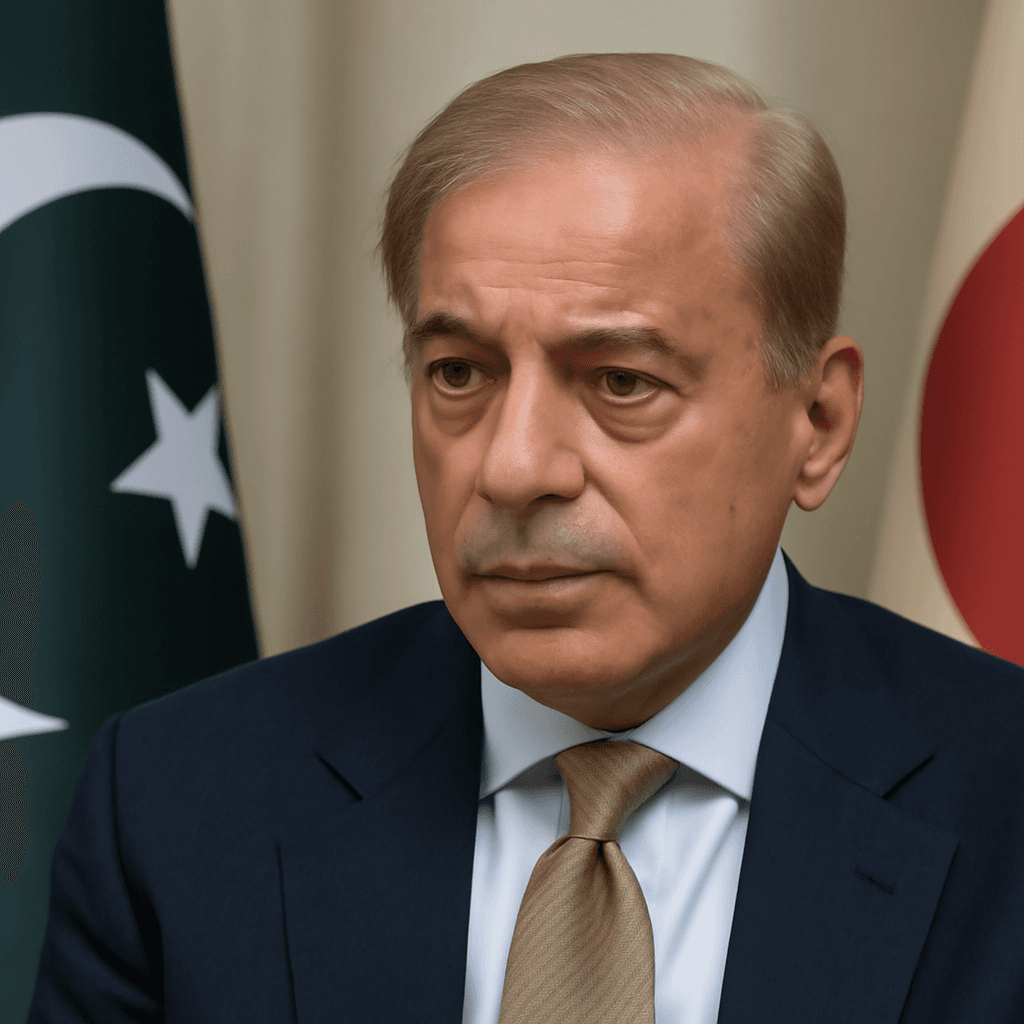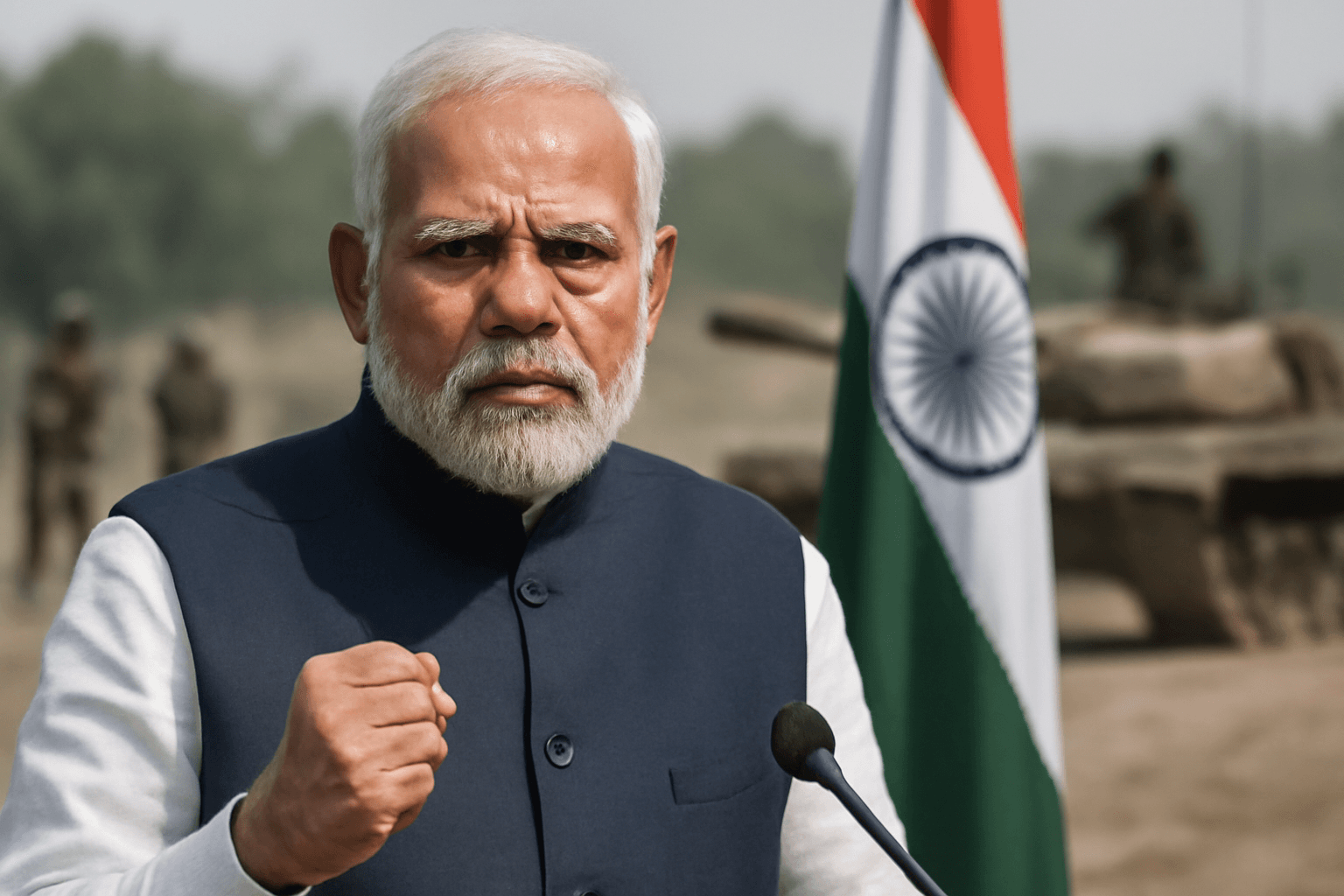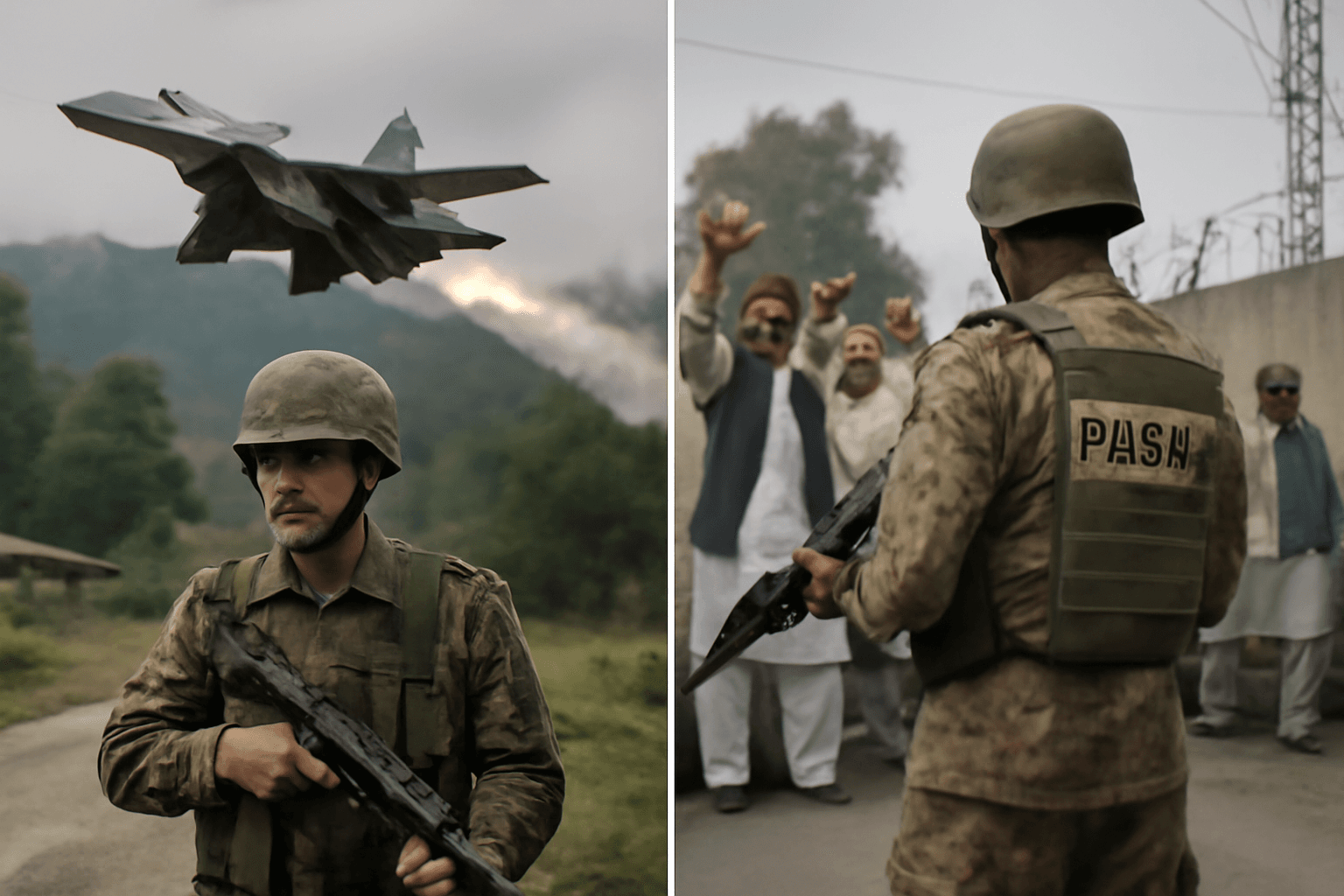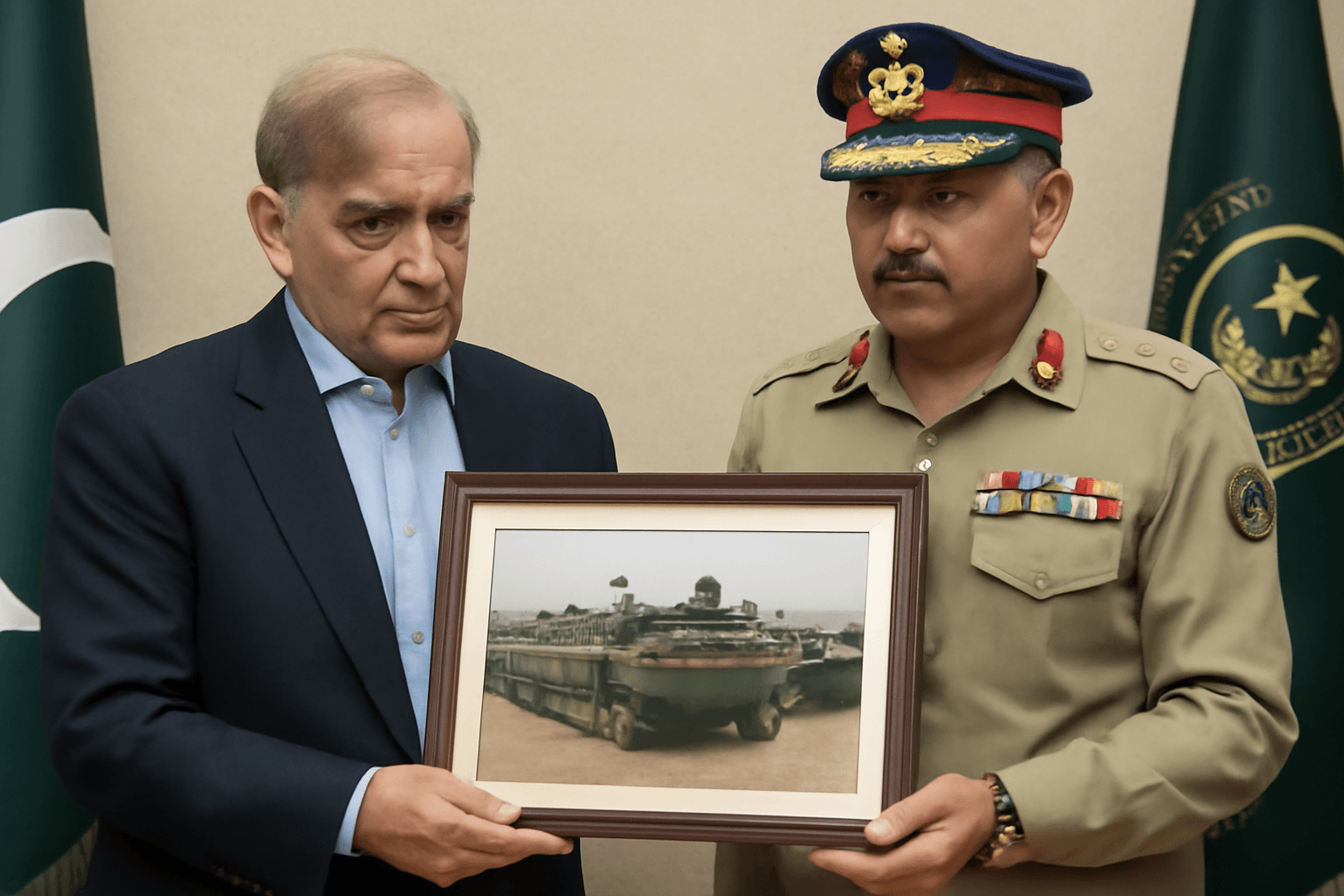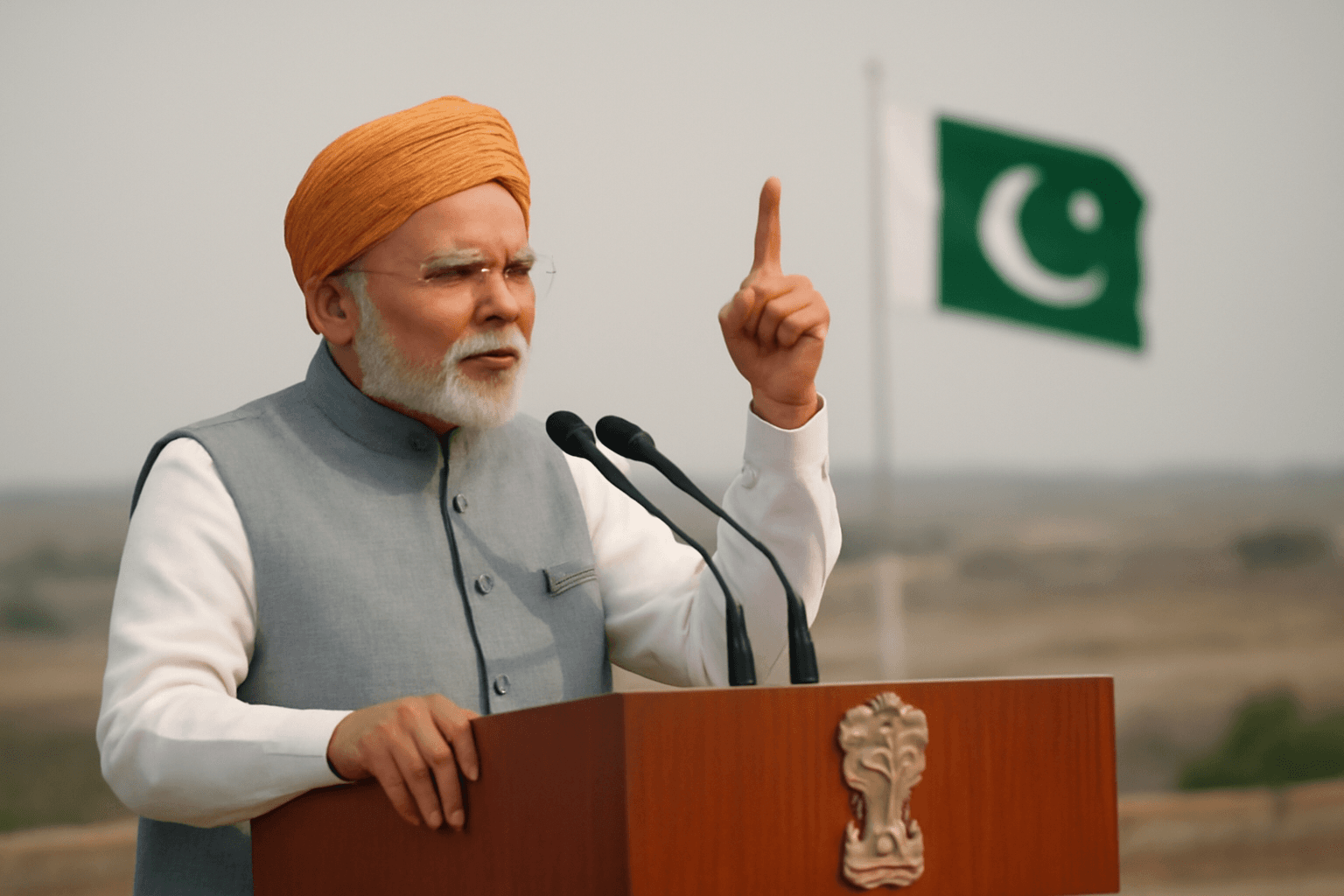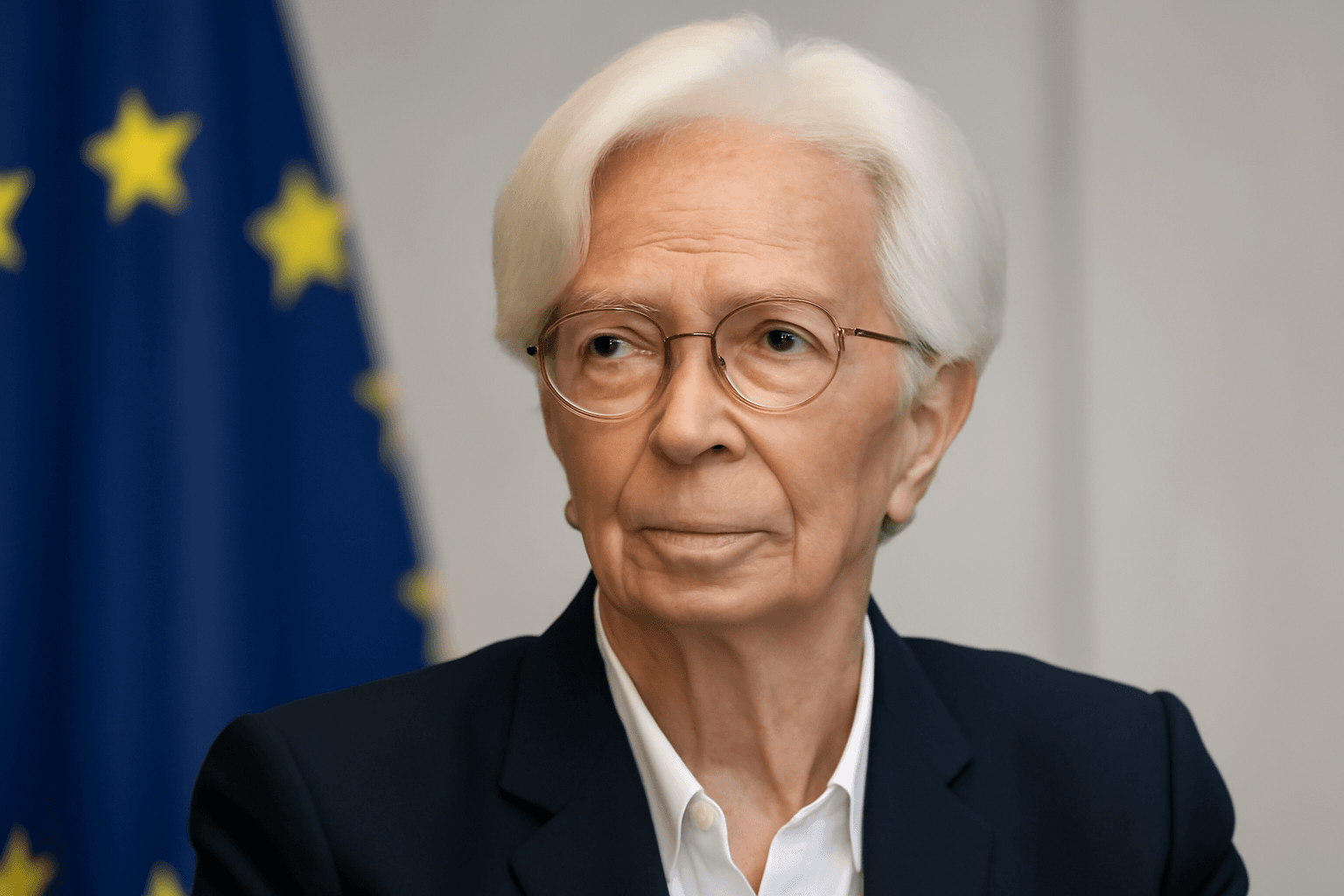Pakistan's Prime Minister Shehbaz Sharif acknowledged that Indian BrahMos missile attacks on the night of May 9-10 struck multiple Pakistani airbases, including the Rawalpindi airbase, before the Pakistani military could launch a counter-response. Sharif revealed that the Pakistani Army had planned its retaliatory strikes following the Fajr prayers at around 4:30 am but were preempted by India's missile assault.
Speaking at an event in Lachin, Azerbaijan, Sharif stated, "On the night of May 9-10, we intended to respond in a measured manner to Indian aggression. Our forces were prepared to act after Fajr prayers to send a clear message. However, Indian BrahMos missiles struck various locations across Pakistan prior to that." He further disclosed that Army Chief General Asim Munir informed him around 2:30 am about the strikes on Nur Khan Airbase and other strategic sites.
General Asim Munir, who has recently been elevated to Field Marshal, reiterated Pakistan’s firm stance on national sovereignty and resource rights. During a discussion with university vice-chancellors and officials, Munir declared, "Pakistan will never accept Indian hegemony." He emphasized water security as a critical issue, describing it as a "red line" given it concerns the basic rights of 240 million Pakistanis, referencing India’s suspension of the Indus Water Treaty post the Pahalgam terror incident.
Munir also accused India of supporting insurgent elements in Pakistan's Balochistan province, linking them to ongoing regional instability. These remarks come amid heightened tensions following the April 22 Pahalgam attack, which resulted in 26 fatalities.
The conflict escalated in early May when India launched precision strikes under Operation Sindoor targeting terror infrastructure across Pakistan and Pakistan-occupied Kashmir on May 7. Pakistan responded with attempts to attack Indian military bases on May 8, 9, and 10. The military engagements concluded after talks between the directors general of military operations for both nations on May 10 agreed to cease hostilities.

